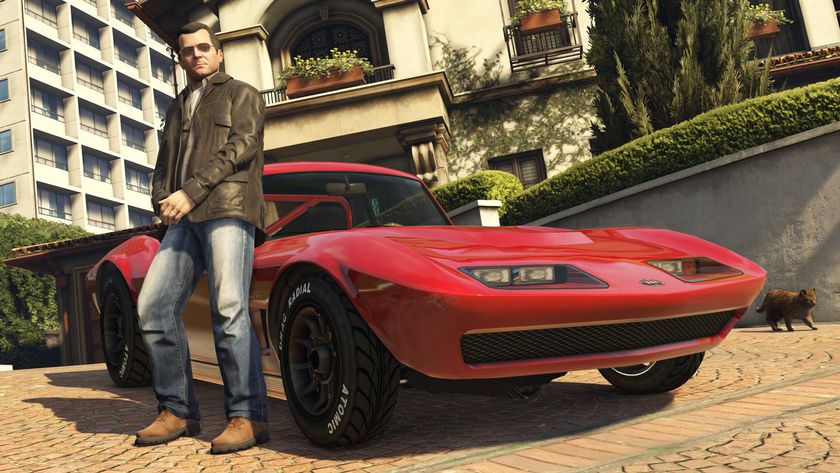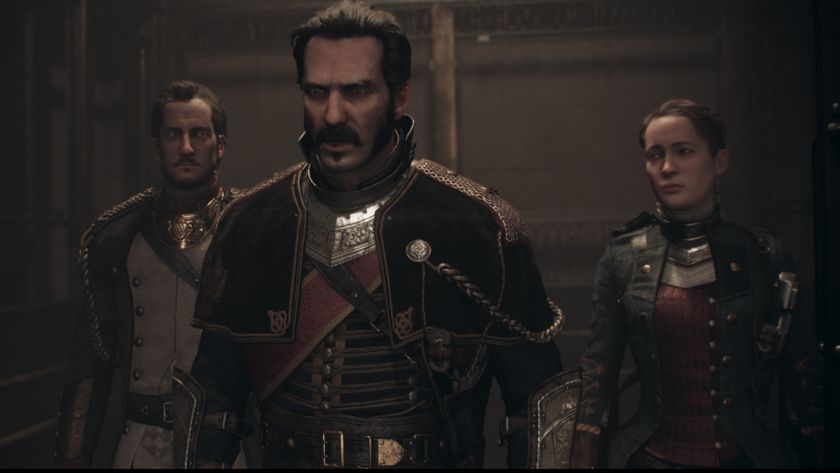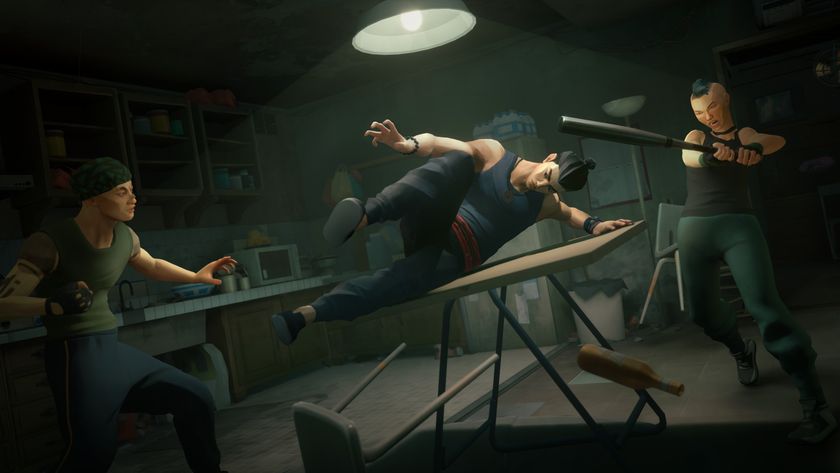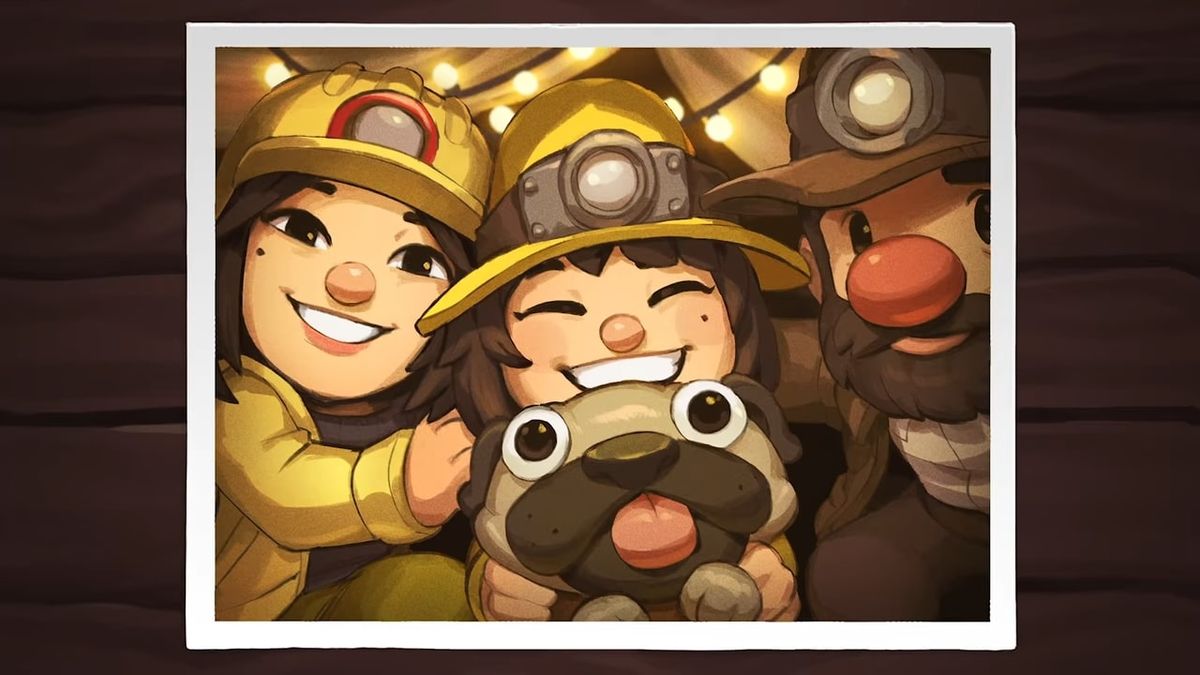
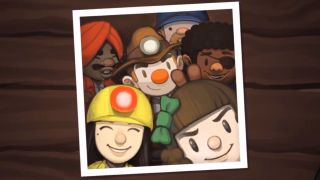
Spelunky 2 is so ambitious that even Derek Yu doesn't know what you'll find in its darkest depths
2020 has been a long, lonely year for many. For those of us who play video games as a hobby, however, we've felt lockdown's sting to varying degrees, depending on the flavour of games we play. Multiplayer games like Among Us have proven runaway hits in recent months, but not everyone is going to have the same bandwidth to deal with such experiences, especially after a day of working from home and online meetings.
But as things have oscillated between normal and… not so normal, and as guidelines change by the week, two games have come out that, despite their solitary nature, have proven incredibly popular for folk to chat about online.
Both Spelunky 2 and Hades have released to great critical acclaim, but if you're someone who floats around a lot of online communities, or enjoys talking about games on Twitter, you've probably noticed that they have been the subject of ongoing conversations for months now.
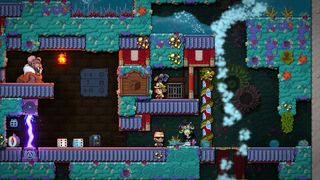
For those uninitiated with them, both games are roguelikes. That's a genre that has enjoyed a surge of popularity over the last two generation cycles due to the amount of variety and replay value it provides players as they work their way through the experience: from the initiality insurmountable challenge of clearing a run, to the endless enjoyment of unlocking secrets and clearing high difficulty runs, or beating your own personal best scores and times.
Hades and Spelunky 2 differ in a lot of respects. The former softens the harshness of the roguelike formula by allowing a slow accretion of abilities, and a comfortable narrative buffer between your attempts to escape from the Underworld. The latter is many times as dastardly and devious as Spelunky HD, with death coming in fast, unpredictable ways from chains of events that would make Rube Goldberg blush.
The one place they converge is on their ability to generate conversation, due to the myriad tactics they encourage and the secrets they may contain. In a time when we're all cooped up indoors, these games encourage us to discover their mechanics and interesting points, and that compels us to discuss them with others.
Hell to pay
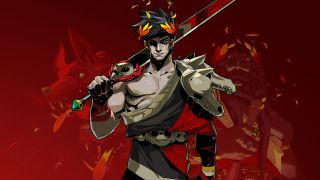
Much of Hades' discourse has revolved around arguments over the most attractive (Nyx) and annoying (Theseus) characters, but – outside of those debates – it's been rewarding to watch people discover the game online, sharing strategies, and collectively marvelling at all of the intricacies Supergiant has tucked into its design.
Sign up to the 12DOVE Newsletter
Weekly digests, tales from the communities you love, and more
Having trouble with a boss or an unlock? Tweet out your grievances, and someone will likely be along with a hint in no time. Have an opinion on a weapon or boon? There will be someone out there who vehemently disagrees with you, and will be more than happy to start a conversation about it. In the communities that I spend time in, lunch breaks and post-work time have turned into Discord hangouts that have seen a handful of us streaming Hades simultaneously, chatting about our runs, and discussing boons and weapon aspects.
It's been a real sense of comfort in an otherwise tough year, and the contagion of joy has been infectious. It's a testament to how tightly designed Hades is, that its delicious gameplay loop gives players plenty of time to decompress between runs to chat to other people about what let Zag tear through Tartarus, or meet one of many grisly ends.
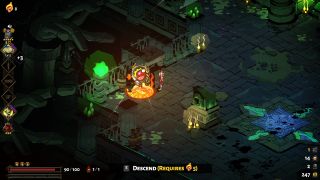
"These are tough times, but these strange moments of online interaction capitalise on the potential for sharing experiences."
Supergiant has also facilitated Hades' discursive influence with a super detailed score screen that displays a player's time, difficulty, and loadout in an easily digestible format. It also gives you a cute, pithy title based on the defining factor of your run, be it speed, deaths, or lack of damage taken.
A particularly inspired part of this screen is the way it lets you pick five boons or upgrades to essentially let players brag about the slew of Heroic and Duo boons they've picked up, or show off the cornerstones of their build.
The wide possibility space is the core kernel of roguelike design, and Hades has some incredibly intuitive systems that facilitate this, which perhaps goes a long way to explain why it's been so popular. Then there's Spelunky 2, which seems to have brought people together for the opposite reason.
Into the depths

The sequel to Derek Yu's iconic gruelling platformer, Spelunky 2 is at times downright sadistic. And just like its predecessor, it's full to the brim with unique mechanical interactions, and dastardly secrets which might take a single player years to work out. Where Hades has encouraged people to share their achievements with pride, Spelunky 2 has cultivated a community that tiptoes around its accomplishments. Despite this, it's spawned a welcoming playerbase, as people have come together to mine its depths together by courteously sharing their incremental progress.
Spelunky had a healthy streaming community that built up around it, from the Spelunky Showlike, to the NorthernLion Super Show – the members of which are even referenced in an easter egg in the Dwelling's Udjat Eye room. With the release of Spelunky 2, they've started their regular streams up again, adding to the swell of chatter around the game. Just in case you weren't aware, Spelunky has quite the history of community-driven exploration, with a hidden ending in the original remaining buried for years – until a PC release led to some data mining that confirmed the existence of a sprite variant of the final boss, Yama.
The sprite that was found tied to the existence of a mysterious Eggplant item, and confirmed the suspicion that there was a use for it beyond its novelty. Eventually Banasaurus Rex became the first player in the world to successfully take the Eggplant to Yama, a fact that's highlighted in the Journal entry for one of the later unlockable characters.
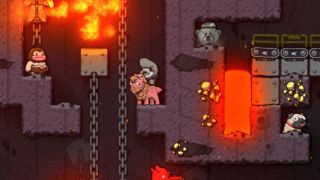
Avid Spelunky players have descended on the sequel with renewed hunger, and through a huge community effort appear to have uncovered all but perhaps the most esoteric of Spelunky 2's secrets. The brutal, chaotic and slapstick nature of death in Spelunky 2 also makes it the perfect game to stream.
Similarly to Hades, then, I've had a great time playing and watching Spelunky 2, gasping and yelling alongside rapt audiences at every near-miss and goofy failure. None of us are ever going to become Twitch personalities, but having something to share long distance when the thought of a high stakes multiplayer game is too much has provided a lot of sustenance in a socially barren year.
Daily Runs are also another reason why Spelunky 2 works so well as a conversation generator. Pitting players against an identical seed results in communities forming around the challenge, relaying stories about how far they got, and reflecting on the ridiculous level generation's capacity to create all manner of bizarre situations. Spelunky's slapstick slaughter proves a soothing antidote to the feeling of isolation, providing connection to friends you're physically separated from. These are tough times, but these strange moments of online interaction capitalise on the potential for sharing experiences, and soften the blow a little.
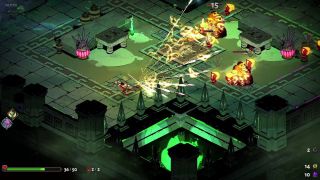
Neither game was designed as an inherently social experience, but the summary screens for runs and their knotted web of achievements and secrets compels players to share. There's no need to be present like other multiplayer games, meaning that when everything is piling up, there's still room to be part of a conversation, in a more abstracted way. I know for a fact that despite having more time to spend playing multiplayer games than ever these days, I've retreated to games that allow for a connection beyond the playtime.
In a way, Hades and Spelunky 2 allow us to tell stories in a way that games with cinematic aspirations just don't, and that's a fundamental desire that we all share – to sit around a campfire and talk about the things that we have experienced. There's a genuine sense of camaraderie to be found amongst the cycle of death and defeat in both games, and that's something that is sorely needed right now.
For more, check out the best Call of Duty games in the series' history, or check out our official PS5 unboxing in the video below.
Most Popular






